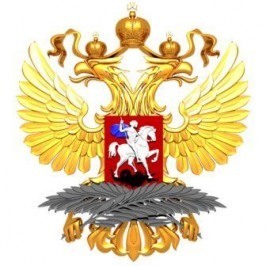On March 1-2, Foreign Minister Sergey Lavrov attended the G20 Foreign Ministers’ Meeting in New Delhi.
We consider the G20 to be a key global governance forum and a major representative platform for discussing a wide range of socioeconomic issues. We are confident that this association must play a significant role in building a polycentric global economic system. It is important to effectively employ its potential to create conditions required for the global economic recovery, for stimulating open trade, the cross-flow of technologies, and for strengthening global supply chains.
In his remarks, Sergey Lavrov expanded on Russia’s principled approaches to building up international cooperation based on equality and the UN Charter, without double standards or arbitrary rules. He stressed the value of the G20’s constructive and de-politicised efforts, overcoming confrontational sentiments, and the strengthening of emerging markets' position on this platform. The minister pointed out that Russia was among the first countries to positively respond to the African Union’s application to become a member of the G20.
In this context, Sergey Lavrov noted the illegitimacy of unilateral sanctions, any forms of discrimination when it comes to food and fertiliser supplies, dishonest competition by establishing price caps and other attempts to appropriate other countries’ natural resources.
The minister also spoke about Russia’s humanitarian assistance to friendly countries to help them overcome crises and consequences of natural disasters; Russia’s efforts to counter international terrorism, cybercrime and other modern challenges. In this context, attention was brought to the destructive influence of the external interference by the United States, NATO and their allies in Libya, Iraq, Syria and Afghanistan, which gave rise to a surge in terrorist activity, as well as the role of Western countries in stimulating terrorism in Ukraine.
Other destabilising factors have included the collective West’s unilateral sanctions, breaking of supply chains, also caused by the West, and the money printing inflation triggered by reserve currency issuing countries.
The G20 succeeded in reaching consensus on the majority of the issues raised by the Indian presidency. Overall, agreements between the leading economies emphasise the importance of promoting the sustainable development agenda, the UN’s central role and the strengthening of multilateral diplomacy. However, the parties failed to approve the final collective document, due the United States, the EU and other parties dogmatically demanding that their subjective views concerning the widely promoted geopolitical crisis around Ukraine be reflected in the document. It is regrettable that the Western countries continue to hold the G20 hostage to its confrontational course.
The minister noted the unprecedented nature of the sabotage at the Nord Stream gas pipeline system that requires an impartial investigation with Russia’s involvement.
On the sidelines of the Foreign Ministers’ Meeting, Mr Lavrov had multiple bilateral contacts with his colleagues from the G20.























